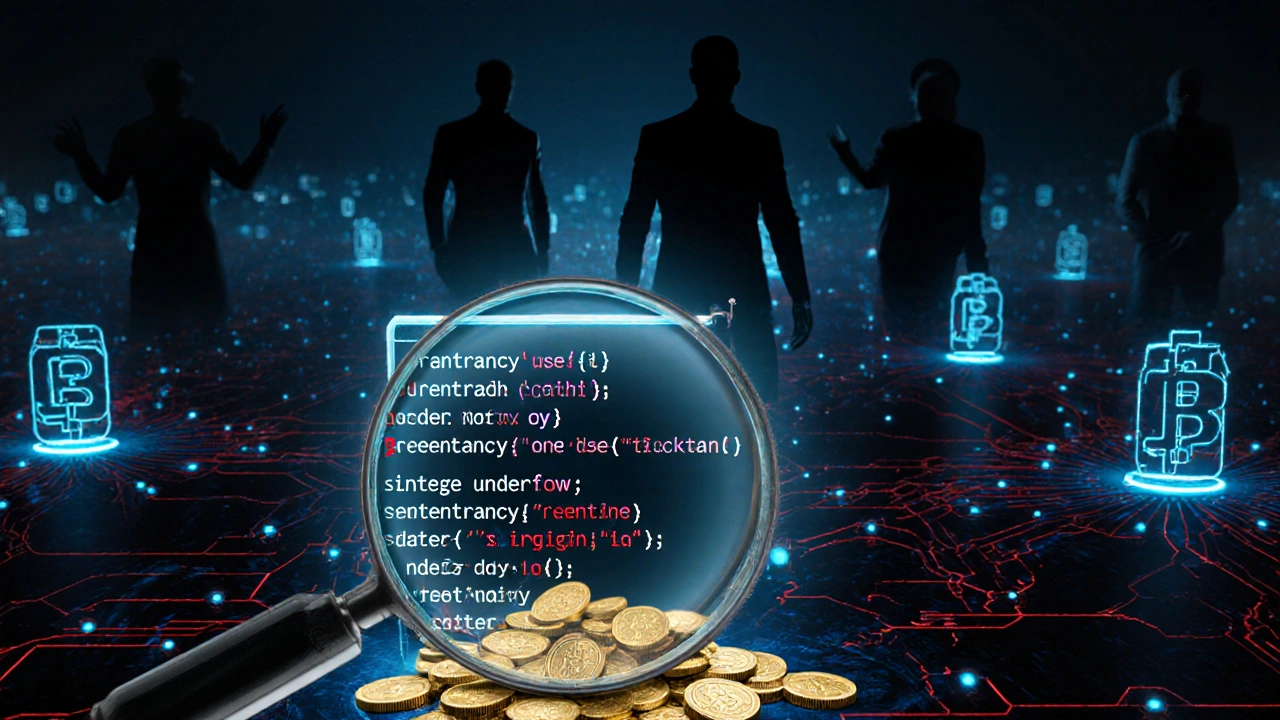Blockchain Audit Checklist: What You Need to Verify in Real Estate Transactions
When you're buying or selling property using blockchain technology, a blockchain audit checklist, a structured set of verification steps to confirm the integrity of digital property records. Also known as blockchain transaction validation, it ensures every step of the deal—from ownership transfer to payment—is recorded accurately and cannot be altered. This isn’t science fiction. In cities like Indore and Delhi, developers are already using blockchain to track land titles and reduce fraud. If you’re involved in real estate, you need to know what to look for before finalizing any deal tied to a blockchain ledger.
A smart contract, a self-executing digital agreement that automatically triggers actions when conditions are met. Also known as blockchain-based contract, it replaces traditional paperwork in many modern transactions. But a smart contract isn’t foolproof. It can have bugs, wrong conditions, or hidden clauses. A proper blockchain audit checklist includes checking the contract code against the agreed terms, verifying the identities of all parties involved, and confirming that the property’s digital title matches official records. Without this, you could be locked into a deal that looks legal on paper—but isn’t enforceable in court.
Then there’s the blockchain ledger, a public, tamper-proof digital record of all property transactions. Also known as distributed ledger, it’s the backbone of transparent real estate deals. You can’t just trust that it’s accurate. You need to verify that the ledger is updated in real time, that no duplicate entries exist, and that the timestamps match physical documents. In places like Warangal and Thane, where property records have been messy for decades, this step alone can save you from buying land with disputed ownership. A good checklist also checks for third-party integrations—like payment gateways or RERA databases—that connect to the blockchain. If those links are broken or unverified, the whole system becomes risky.
And don’t forget the human side. Even the best blockchain system can’t fix bad data entered by a careless agent. That’s why your checklist must include verifying digital IDs of all parties—buyers, sellers, brokers, and lawyers. Are they verified by a trusted authority? Is their identity linked to a government-issued document? In Allahabad and Kolkata, scams still happen, even with blockchain, because people skip this basic step. You’re not just auditing code—you’re auditing trust.
Real estate agents in Surat and Bhavnagar are already using blockchain tools to speed up closings and reduce paperwork. But without a clear audit process, those same tools can create new risks. The posts below show how professionals in Guntur, Raipur, and Dehradun are using blockchain audit checklists to avoid fraud, cut delays, and build buyer confidence. You’ll see real examples of what went right—and what went wrong—when these steps were ignored or done right. Whether you’re a buyer, investor, or agent, this isn’t about tech hype. It’s about protecting your money, your time, and your peace of mind in a market where every error costs thousands.
Security Audits for DeFi Protocols: What to Look For
DeFi security audits aren't optional - they're essential. Learn what real audits check for, why one isn't enough, how to read reports, and what red flags mean danger.
DENNIS HIGHFILL | Nov, 18 2025 Read More
